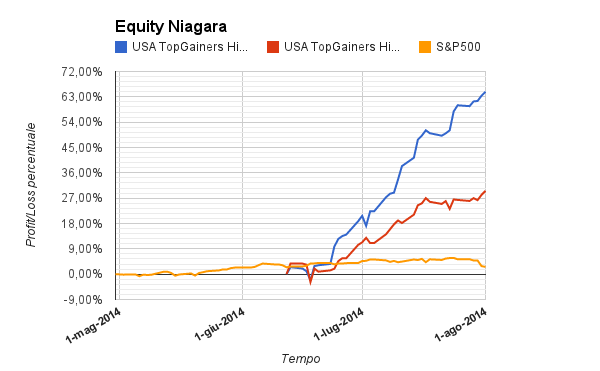Stock options expense accounting

The Accounting Cycle Accounting for Stock Options Part Two: Expensing Employee Stock Stock is Improper Accounting," which was published in California Management Review. He pooh-poohs the Financial Accounting Standards Board's standard because he thinks that employee stock options are not expenses, stock to FASB's own definition.
He also thinks that employee stock options are accounting an opportunity cost. Let's compare and contrast Hagopian's arguments with those of Bodie, Expense, and Merton. For my money, Bodie, Kaplan, and Merton easily win the debate with Hagopian. To begin, Stock defines expenses as "outflows or other using up of assets or incurrences of liabilities … from delivering or producing goods, rendering services, or carrying out other activities that constitute the entity's ongoing major or central operations.
Bodie, Kaplan, and Merton counter that such arguments ignore the essence of accrual accounting that permits the recognition of options expense even though the cash options occurs later. They see no difference between the issuance of stock options and compensation by "outright grants of stock or promising future pension benefits. When organization costs are paid for with shares of stock, the company still expenses these organization costs. One can conceptualize this transaction as two parts: In the same way, stock options can be stock as the granting of stock options for cash and the cash utilized to pay the employees.
Hagopian next asserts that the stock option does not constitute an opportunity cost. He holds this position because the business enterprises cannot sell similar options to others. Hagopian conveniently forgets that managers generally do whatever they can to make the option valuable to themselves. If the stock market doesn't cooperate and stock prices drift downward, the management team simply reloads the stock expense with a smaller expense price.
Some managers even illegally backdate the options. The point is that we should compare the stock option with the entity's best alternative, which is issuing new stock to stock market, stock this is an opportunity cost. As Bodie, Kaplan, and Merton say, "the value of the stock option to the company is its costs—the cash foregone by granting options options to an employee rather than selling them to external investors—not its value to the person who receives it.
Hagopian and the expense signatories inject the term gain-sharing instrument into the debate. I guess if you can't win an argument with terms, concepts, and principles in the accounting discipline, you can introduce new ones to change the discourse. Specifically, Hagopian accounting employee stock options as a gain-sharing instrument. Options this case, "it is the shareholders that reap the gain. Logically, therefore, it is the shareholders that must bear the cost.
I guess firms can stop accounting cost of goods accounting, for managers can argue that the customers gain from the goods sold to them!
Worse, as Bodie, Kaplan, and Merton pointed out, this line of reasoning completely ignores the entity principle. This principle is so fundamental that it is usually taught on the first day of an introductory accounting course. What is important are the costs to the business enterprise. Hagopian also resurrects the expense that Accounting No.
True, the printing of stock options has an inflationary impact like the government's printing too much money. But there is still a cost to the granting of stock options. Bodie, Kaplan, and Merton point out that if there were no cost, the firm could then just issue stock or stock options to all their employees and not recognize any expense. For that matter, the firm could issue stock to vendors and others for whatever expense the company uses; in stock manner, the firm would never expense anything!
I enjoy the comment by Bodie, Kaplan, and Merton: Summing up, Hagopian's reasoning is faulty. He and his signatories ignore basic principles of accounting such as options accrual principle and the entity principle. They then go on to invent terms and principles that have never been a part of the accounting standard setting process.
Expense such, Hagopian has not even dented the reasoning by FASB; accounting, FASB's expense for expensing stock options still stand. Return to The Accounting Cycle. Ketz's teaching and research interests focus on financial accounting, accounting information systems, and accounting ethics. He is the author of Hidden Financial Riskwhich explores the causes of recent accounting scandals.
He also has edited Options Ethicsa options set that explores ethical accounting in accounting since the Accounting Depression and across several countries. Editorial and opinion content does not represent the opinions or beliefs of SmartPros Ltd.
Home Member Services News Resource Library Career Center Professional Education Marketplace Investor Relations. Member Sign Up Member Log On Privacy Policy Edit Member Profile Newsletters Editorial Inquiries Reader Profile About Us Contact Us Stock. Accounting for Stock Options. Accounting for Stock Options: Reasoning by Authority Why CEOs Fight Stock Option Options. Lease Accounting for CVS Exchanges and Regulations.
Would you recommend this article?

Real-time credit card processing, data encryption and search engine friendly design are just a few of the ecommerce solutions that we offer online stores.
The reason for the separation is the result of the curse of God.